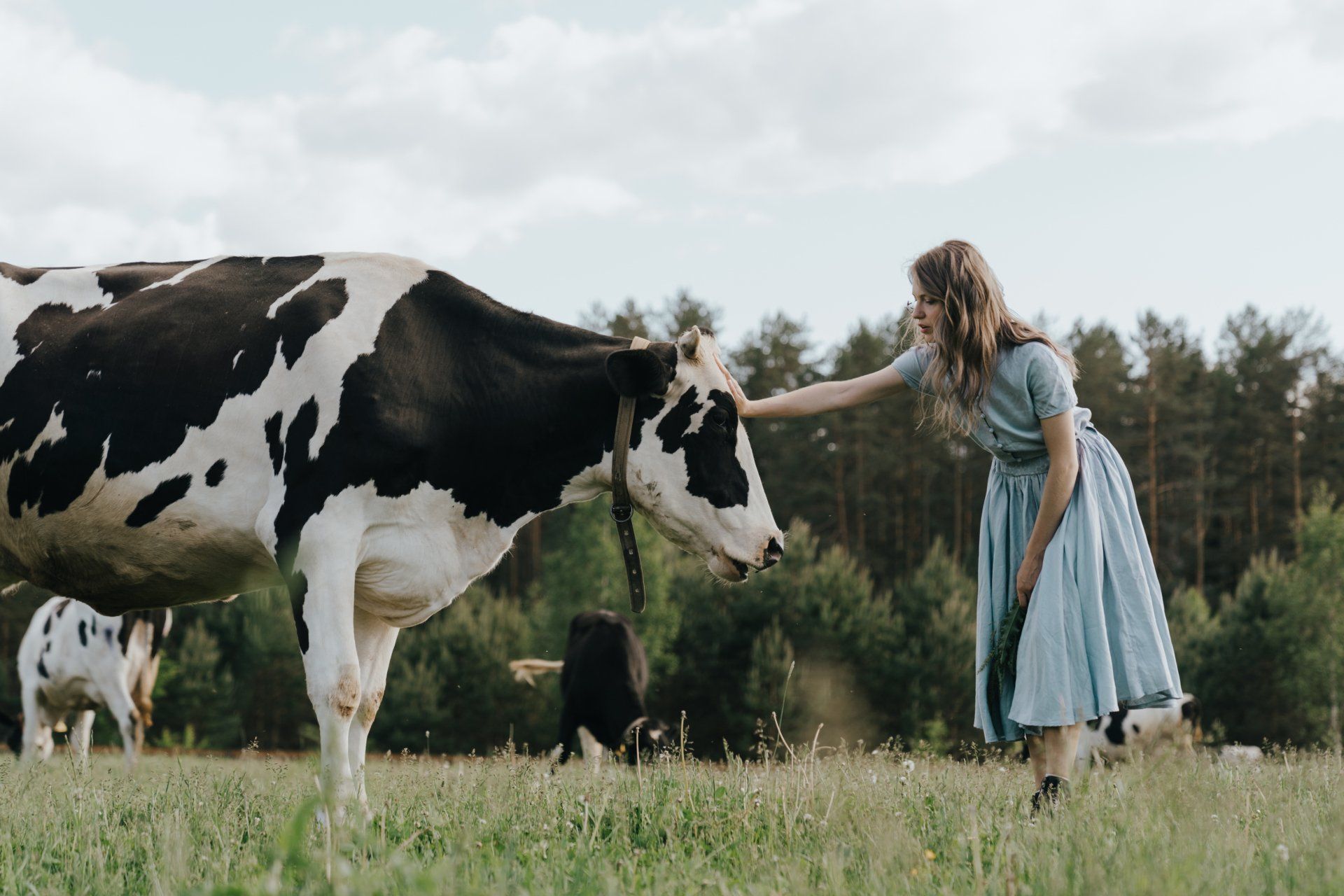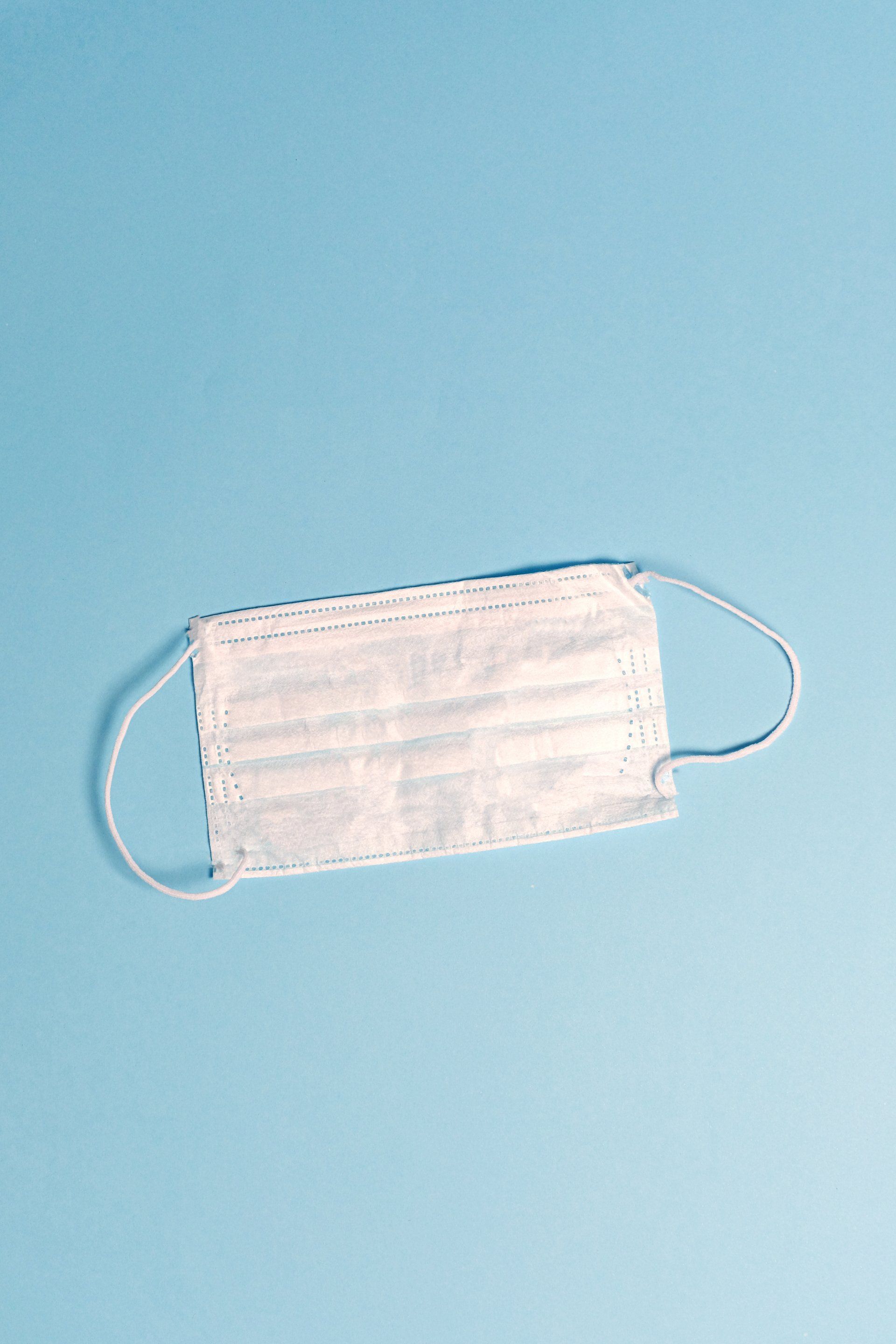Enjoy fondue and dodge Corona
Some of the most common reasons for relocating from one country to the next is typically a job opportunity or love. But even if you are single or have not found the perfect job yet, Switzerland can mean a big improvement of your quality of life.
Numbers matter, but they do not always have to be about money: The Swiss live about two whole years longer on average than their German neighbors, one year longer than Austrians, and even a few months longer than the Italians. Only population-wise tiny countries like San Marino, Iceland or Monaco outrank Switzerland on the European continent, according to the CIA World Factbook.
The high quality of living and longevity of the Swiss may not only be attributed to the sophisticated health system but also to the very high quality and strong regulation of agriculture and food. One obvious example is that meat in the Confederation almost always comes from inside the country and its origin always has to be declared in supermarkets and restaurants. The laws governing the production of animal-based products like meat and dairy products are one of the strictest in the world. And when you take a hike to pretty much anywhere in Switzerland you will most likely come across some of the cows who produce your milk, unless you are a vegan of course. No matter what your dietary preference is, Switzerland on average treats its animals very well and the law ensures that animals have more space and a more pleasant life than pretty much anywhere else in the world.

Fondue: The national dish of Switzerland
If you heard about Switzerland, then you almost must have heard about the “national dish” - fondue. Kind of like hot pot in China, but with cheese. And there is not just “the cheese”. You have multiple different options of cheese combinations than you can pick from, depending on which restaurant you go to and which part of Switzerland you are in. In many Fondue restaurants you will find at least the famous Gruyere and Fribourg cheeses, or a combination of both called moitié-moitié, which is nothing else than “half-half” in French.
Due to the warmth of the cheese, it is of course typically consumed in the winter time. In summer time, it is technically possible to have fondue. But not only may you be immediately identified as a tourist, it also usually too heavy of a dish for you. So we recommend that you try fondue in the fall, winter or spring. That is about three quarters of the years anyways to try out this famous way to eat cheese in Switzerland.
Health and freedom in Corona times: pragmatism instead of extreme measures
Living in Switzerland in 2020 has also been quite an advantage so far: Switzerland has handled COVID-19 rather well in our opinion. On the hand, the hospitals never reached their peak capacity, unlike in Italy. On the other hand, the restrictions were more moderate. People were not confined to their homes even during the peak of COVID and you never had to carry a form with you explaining why you were outside, like France did for a while. Instead, the government asked people to stay and work from home whenever possible and to wear masks whenever it was feasible. And it worked. Switzerland admittedly had a slightly higher rate of deaths and infections than its stricter neighbor Germany, but the difference was small and might be explained by other factors. As mentioned earlier, the average life expectancy of the Swiss is a bit higher and the French and Italian parts simply have social greeting habits that may help a virus a bit more than the Germans.
A little later on in June when people started taking public transportation again and temperatures rose, wearing masks on public transportation was made mandatory. The Swiss railroad company SBB made every effort though to be kind about it so that the travelers would be cooperative without feeling too much to be forced into it.
And even if you were one of the unlucky ones to have severe symptoms and requiring to go to a hospital, there was a reliable bed in hospital waiting for you. Switzerland was even able to take in some patients from France, which it was publicly thanked for in summer when some Swiss soldiers and Alain Berset, a Swiss politician walked along French soldiers and medical personal in a ceremonial parade.

If not for the money, come for the quality
So even if money is not your main concern, boosting your overall quality of life and particularly food and health are excellent reasons to move and live in Switzerland.
This article is not financial, tax or legal advice by any means.
I am only sharing my own personal experiences here.
Always seek professional financial, tax or legal advice before making decisions.



